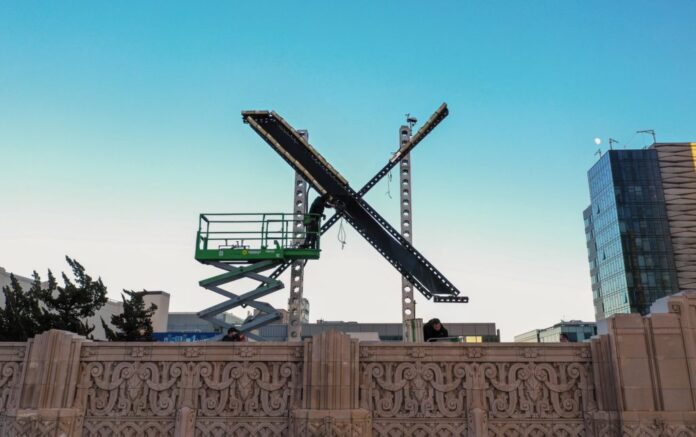Elon Musk’s social media platform X filed a lawsuit against the state of Minnesota on Wednesday, challenging a new law that bans the use of AI-generated “deepfakes” to influence elections.
The company argues the legislation infringes on free speech rights and is impermissibly vague.
The lawsuit, filed in federal court, claims the law replaces platform discretion with state judgment and exposes companies to criminal liability if they fail to accurately moderate content. “This system will inevitably result in the censorship of wide swaths of valuable political speech and commentary,” the complaint states.
The Minnesota law targets deepfakes—realistic but artificially generated videos, images, or audio—intended to influence voters. According to Public Citizen, at least 22 states have enacted similar laws in response to growing concerns over the misuse of AI in elections.
X is seeking a ruling that the law violates the First Amendment of the U.S. Constitution, Minnesota’s constitution, and is preempted by Section 230 of the Communications Decency Act, which protects platforms from liability for user-generated content. The company is also requesting a permanent injunction to block enforcement of the law.
Minnesota Attorney General Keith Ellison, named in the lawsuit, has not responded to the filing.
The law has already faced legal scrutiny from Republican state lawmaker Mary Franson and influencer Christopher Kohls. In January, U.S. District Judge Laura Provinzino denied their request for a preliminary injunction, though the decision did not address the merits of the case. An appeal is currently pending.
























